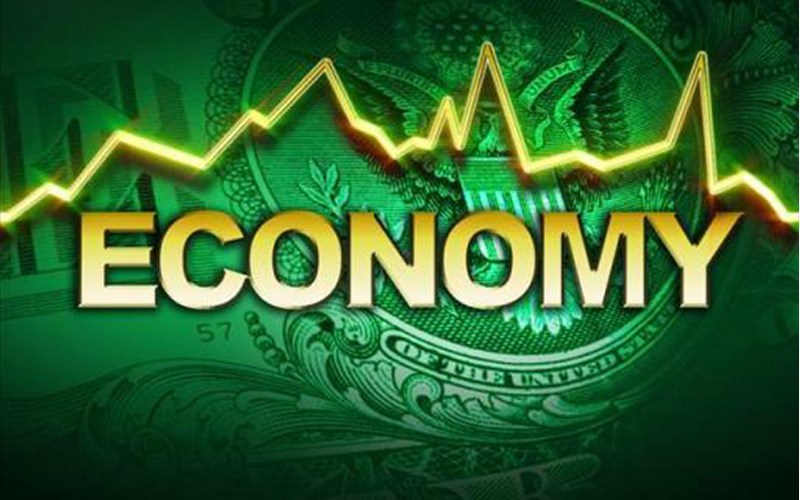Fitch Ratings this week dropped the U.S. from the highest AAA rating to AA+, leaving just one of the "Big Three" credit ratings agencies awarding the country the highest score possible. Standard and Poor's (S&P) downgraded the U.S. to AA+ in 2011 during the Obama administration, a move that has never been reversed. The U.S. rating currently remains AAA with Moody's. (Related article: Economic numbers may pose problem for President's "Bidenomics" claims)
Now with two AA+ ratings, the U.S. could face a problem with funds or index trackers that will only do business with AAA-rated customers. If so, there will be some forced sales for reasons of compliance.
The dean of Liberty University's School of Business – a former U.S. congressman representing Virgina's 7th District – is surprised by none of this.
"The idea that no one knows that we're going to be $50 trillion in debt in ten years when it's posted on CBO – you know, what took you so long?" Dr. Dave Brat asked on Washington Watch Wednesday.
"The Federal Reserve interest rate is 5% … and 5% of $50 trillion in debt is $2.5 trillion in just interest payments alone – and so we're sunk, right? And the idea they posted that Medicare is insolvent in ten years, Social Security is insolvent in ten years … shocker. You and I and anybody who has a conscience has been reporting that for years to save the kids' future," Brat told show host Jody Hice.
The warning bells for Medicare and Social Security have been ringing for a while now.

"The most important thing is productivity in this country has been down 40 years in a row now," Brat said.
As with most things, multiple factors have led to the production decline; but just one government – not multiple governments – is responsible for fixing America's problems.
"We're on the wrong course. You're not going to grow your way out of this," Brat offered. "The Republicans just went in with the Democrats on a $7 trillion budget this year and next year. It's a COVID budget where we sent checks to everybody without COVID, right? The budget was $5 trillion then they jacked it up to $7 trillion because we're in an existential crisis of our government's causing because they shut down the economy. We're just continuing this spending charade."
In a bad place, compliments of Congress
Fitch had warned that America's AAA status was threatened during the spring's debt ceiling drama on Capitol Hill. Congress approved the debt deal which keeps spending flat in 2024 and allows for a 1% increase in 2025.
 "Anybody who voted for that should give a real good explanation of why they're doing that. They've put our country in a tremendously bad place, and the American people are starting to wake up a little bit. The stock market is going to react here, but we're in for probably a lost decade," Brat said.
"Anybody who voted for that should give a real good explanation of why they're doing that. They've put our country in a tremendously bad place, and the American people are starting to wake up a little bit. The stock market is going to react here, but we're in for probably a lost decade," Brat said.
The accumulation of capital is what drives an economy, and Brat warned that China is far outpacing the U.S. in available capital. The same is happening, he explained, with "human capital."
"… The kids in K-12 education, how are we doing there in all the cities across the country? We're not producing human capital, [we're not] training our kids in the sciences and engineering, computer science, I.T., artificial intelligence. We're way behind the curve, and we've got some major work to do," he said.
And here's why Americans should be concerned …
Fitch was founded in 1913 by John Knowles Fitch and is headquartered in both New York and London. The ratings are considered an illustration of an entity's ability to pay its debts.
Fitch justified its decision by predicting a deterioration of U.S. finances over the next three years as it tried to reconcile tax cuts, new spending initiatives, a volatile economy and polarizing political landscape.
The recent U.S. downgrade news comes at a time when Brazil, India, South Africa and others – spurred by Russia and China – are exploring the possibility of developing a new global reserve currency. That greatly concerns Brat.
"What they're threatening is a gold-based currency with a technological solution blockchain that gives people absolute privacy and a record of all transactions," Brat said. "Investors would be able to say, 'I got blockchain, and it's based on gold, I'm fine.' Then the United States of America [is] going to be in for some deep troubles for the next decade."







